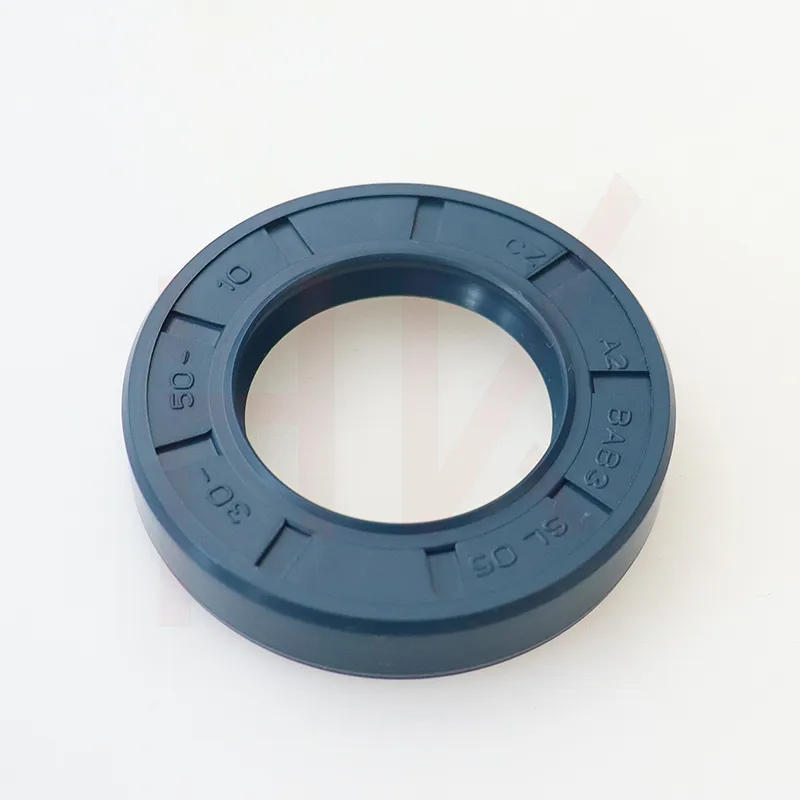Aug . 29, 2024 20:26 Back to list
hydraulic piston oil seals
Hydraulic Piston Oil Seals A Vital Component in Fluid Power Systems
Hydraulic piston oil seals play a crucial role in the functionality and efficiency of hydraulic systems, which are widely used across various industries, including automotive, manufacturing, and aerospace. These seals ensure that hydraulic fluids remain contained within the system, preventing leaks and maintaining optimal pressure levels. This article delves into the importance, types, and maintenance of hydraulic piston oil seals.
At the heart of any hydraulic system, the piston is responsible for converting fluid pressure into mechanical power. To facilitate this, hydraulic piston oil seals create a barrier between the piston rod and the cylinder, ensuring that hydraulic fluid is effectively contained and preventing contamination of the system. A well-functioning seal minimizes wear and tear on components, improving the system's overall durability and performance.
There are several types of hydraulic piston oil seals, each designed for specific applications. The most common types include O-rings, U-cups, and V-rings. O-rings are circular seals that fit into grooves, providing a tight seal on the piston rod. U-cups, shaped like the letter 'U', offer excellent sealing capabilities and are often used in double-acting cylinders due to their superior resistance to high pressures. V-rings, on the other hand, are used for dynamic sealing applications where the piston moves continuously.
hydraulic piston oil seals

In addition to their primary sealing function, hydraulic piston oil seals also help to reduce friction between moving components. This reduction in friction not only enhances the efficiency of hydraulic systems but also extends the lifespan of both seals and machinery. Proper selection of the seal material is essential, as it must withstand temperature fluctuations, chemical exposure, and mechanical stresses unique to the application.
Maintaining hydraulic piston oil seals is crucial for the longevity of hydraulic systems. Regular inspection for signs of wear, such as cracks, deformation, or surface imperfections, is essential. If any issues are detected, timely replacement is necessary to prevent leaks and potential system failure. Moreover, ensuring that hydraulic fluids are clean and free from contaminants will significantly prolong the life of the seals.
In conclusion, hydraulic piston oil seals are integral to the performance and reliability of hydraulic systems. Their ability to prevent leaks, reduce friction, and protect internal components makes them a critical element in maintaining operational efficiency. By understanding the different types of seals and implementing a routine maintenance schedule, industries can ensure the longevity and effectiveness of their hydraulic systems.
-
Wiper Oil Seal: Our Commitment to Clean Hydraulics
NewsAug.13,2025
-
Hydraulic Oil Seal for Self Discharging Cars
NewsAug.13,2025
-
Hub Oil Seal for Agricultural Tractor Hubs
NewsAug.13,2025
-
Skeleton Oil Seal with NBR Material
NewsAug.13,2025
-
Rotary Lip Seal for High Pressure Applications
NewsAug.13,2025
-
Cylinder Seal Kits Our Legacy of Hydraulic Trust
NewsAug.13,2025
-
Unlocking the Potential of Hydraulic Systems with Essential Sealing Solutions
NewsAug.06,2025
Products categories
















